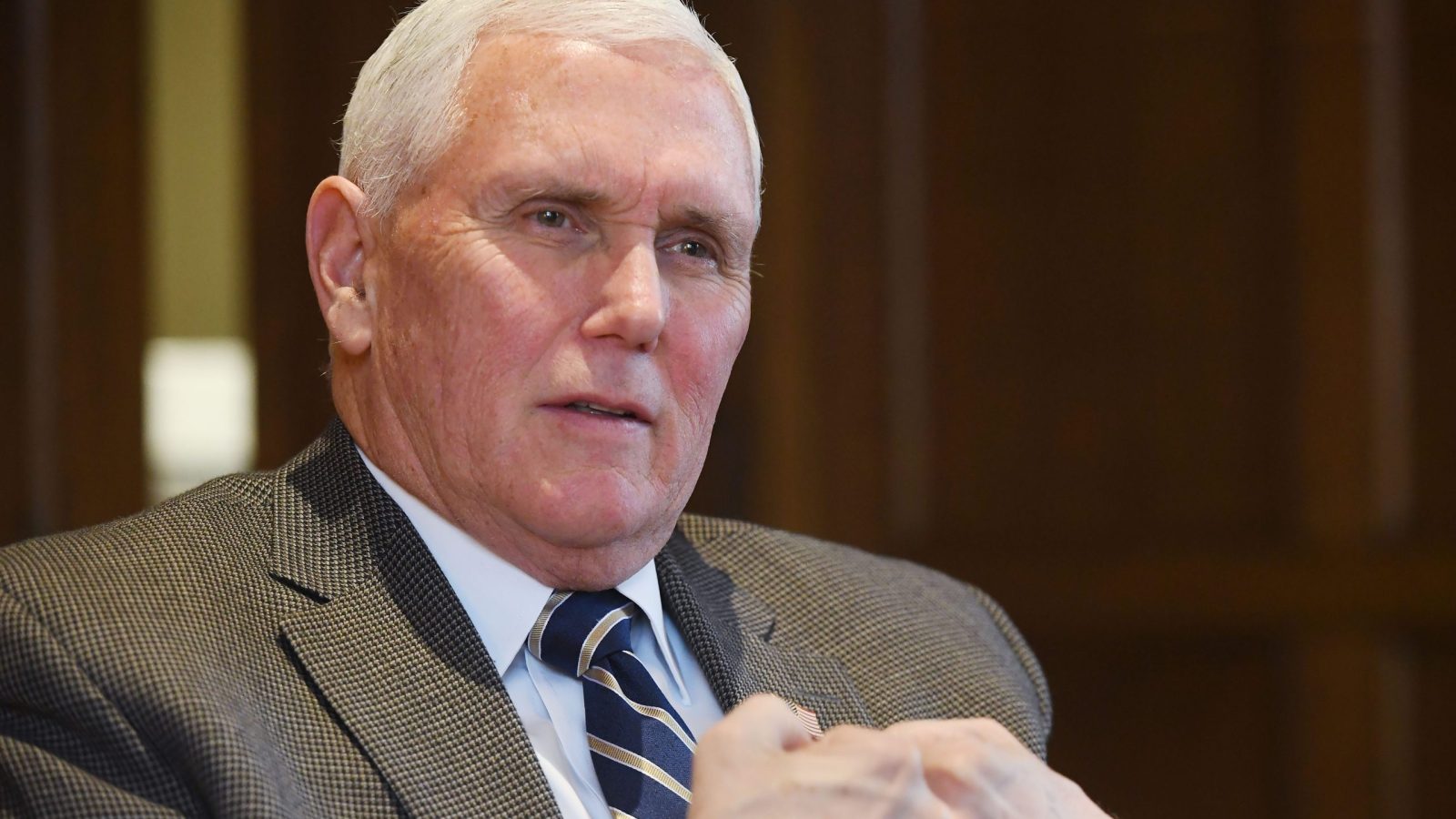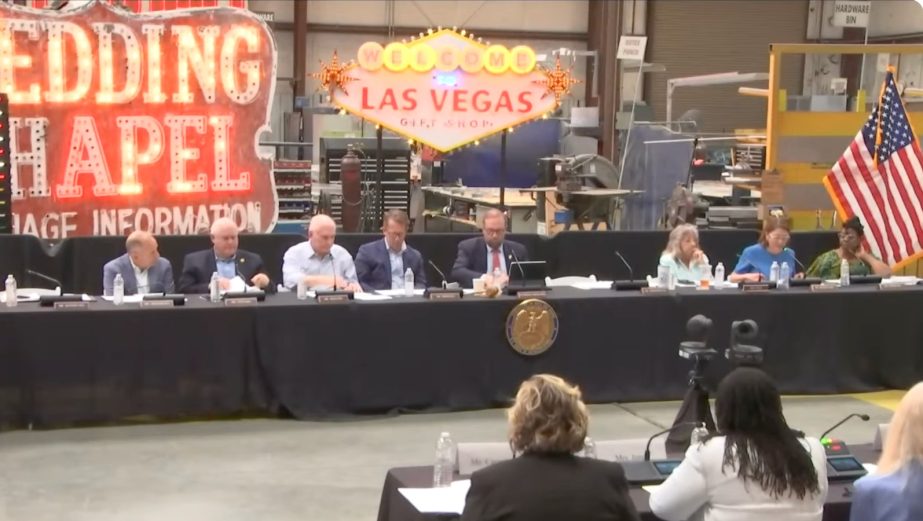Former Vice President Mike Pence’s think tank is lobbying to block efforts to restore the cap on tax-deductible gambling losses to 100% and wants tax deductions for gambling losses to be removed entirely.
Advancing American Freedom (AAF) — a policy and advocacy group set up in 2021 by Pence, who sits on its board — put out a memo encouraging members of Congress to vote against proposals to restore the maximum tax deduction for gambling losses to 100% of winnings.
Gamblers had been able to deduct losses as long as they didn’t exceed their winnings, but last month — as part of the One Big Beautiful Bill Act (OBBBA) — Congress voted to lower the cap to 90%. That change could lead to dramatic tax increases for gamblers, with the potential for some bettors’ tax bills to exceed their net winnings.
There are two bills in the House — one filed by Rep. Dina Titus of Nevada and one from Rep. Andy Barr of Kentucky — as well as one in the Senate, filed by Sen. Catherine Cortez Masto of Nevada, that would restore the cap to 100%. Both House bills have been assigned to the Ways and Means Committee, with no hearing date set yet. The Senate bill has been assigned to the upper chamber’s Finance Committee.
The former vice president’s think tank urged Congress to vote against those efforts.
‘Many Americans could stop gambling’
In its memo, AAF made it clear that it agrees with many of those leading efforts to restore the 100% cap on one thing: that the de-facto tax hike would be bad for sports betting.
However, it argues that the harm the cap does to sports betting is exactly why it should stay in place.
A bill gives an example of a gambler who wins $100,000 and loses $100,000. Under the old law, this gambler — with no net winnings for the year — would not have to worry about gambling taxes. However, with their deductible losses capped at $90,000, the bettor would face a 24% tax bill on the $10,000 “winnings,” meaning that gambling activities would put the bettor in the red for the year.
AAF celebrates this scenario.
“RESULT: Many Americans could stop gambling due to the tax consequences,” it said.
AAF argued that gambling tax deductions are “far different” from tax deductions for business expenses, because for business “net profit reflects real economic output unlike gambling endeavors.”
Think tank goes further than OBBBA
The memo added that by offering deductions for losses, the tax code “actively encouraged” gambling. It then went significantly further than the OBBBA proposal, arguing that, “Gambling losses should not be deductible at all.”
If no gambling losses were deductible, then any bettors that report winnings to the IRS would face even higher tax bills. At the standard federal withholding rate of 24%, bettors would need to win $100 for every $76 loss just to break even after taxes. Betting on -110 lines, they would need to win just under 60% of the time just to avoid making a loss.
The example of a gambler who wins $100,000 and loses $100,000 would result in a $24,000 gambling tax bill, despite no net gambling winnings for the year.
Betting tax revenue
The AAF also argued that the tax income that sports betting provides to states is a bad thing.
The memo says that sports betting “funds the growth of government while harming American families.” It listed Illinois’ recent per-wager surcharge of up to 50 cents, as well as New York’s 51% tax rate on sports betting — both of which are unpopular within the industry — as part of its anti-sports betting argument.
AAF notes that New York has collected $3 billion in gambling taxes since launching sports betting and that, across the nation, state wagering taxes have raised $10 billion since the repeal of PASPA in 2018. Those type of talking points are more typically found in the materials of pro-gambling-industry lobby groups like the American Gaming Association.









